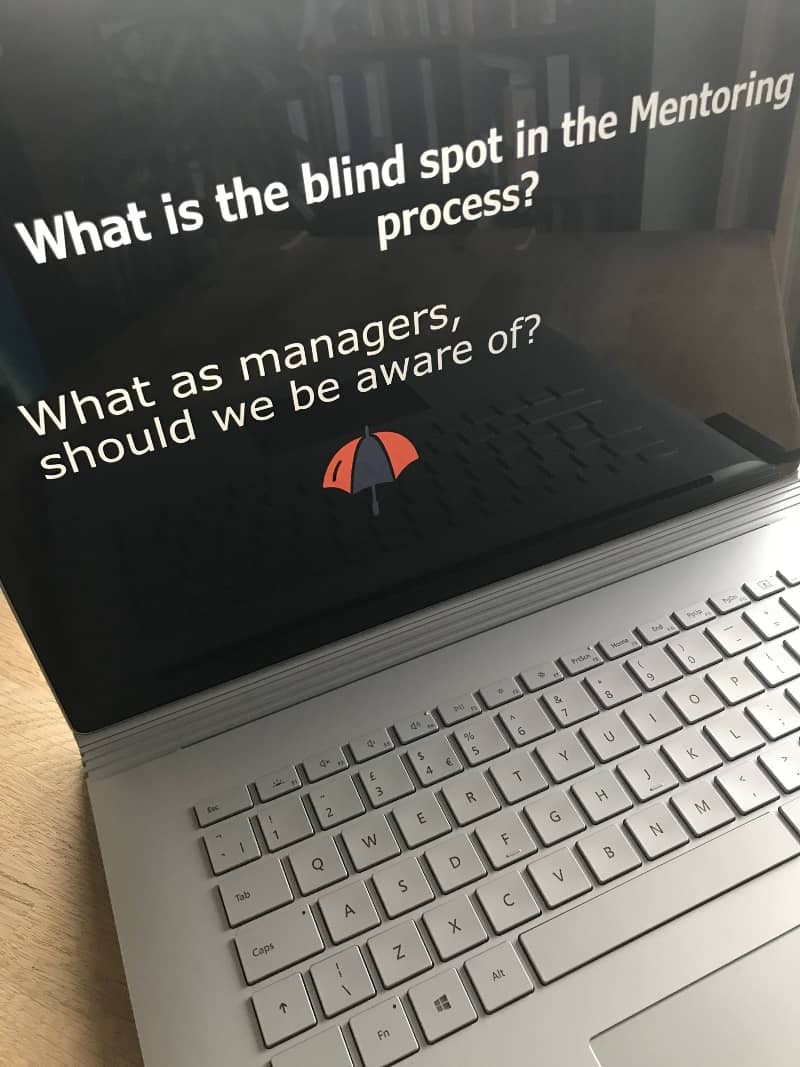The benefits of Mentoring

The benefits of Mentoring
What can the mentee provide to the Mentor?
One of the mentees’ responsibilities in the mentoring is to work on that both – he and the Mentor – will leave the mentoring with more knowledge than when they met each other.
Yes, yes. That is the responsibility of the mentee as well! Not only to take but also to give!
Here I wish to remind everyone of one point. In the world, there is more than one way of Mentoring. You can read an article about the American and European Mentoring ways on my blog, called” What is Mentoring? Part 2. MENTORING MODELS: AMERICAN AND EUROPEAN.”
In the European model, mutual benefit is heavily emphasized.
And it is not just about that mentoring is an honor, recognition. Or that mentors benefit from mentoring because they review their experience, analyze your situation, dive deep into specific nuances, etc.
All this is useful.
But this time, I talk about the fact that the mentoring relationship is intended for the conscious improvement of both.
Mentor’s part
Even if you are an experienced Mentor and a professional in your area, you are encouraged to consider what can this concrete mentoring give you? For example:
– What can you learn from this specific mentee?
– Or maybe not from the mentee but from the process itself?
– Maybe you want to try a new way, and talking with your mentee is a great fit?
– Or maybe you constantly interrupt others? So the mentoring program would be an excellent way to learn how to listen and not interrupt others!
– Or maybe something else?
Benefits for the Mentor have been taken care of by the mentee
The mentee’s responsibility is to think about his learning, control the mentoring process, and always ask himself questions, how can he be helpful to the Mentor? What can he provide?
The mentee can:
– Share any information that they think could be useful for the Mentor.
– To think about networking possibilities and opportunities. It could be helpful for your Mentor to meet and learn about the people around you.
– Give your Mentor a chance to learn and improve. And it’s easy to do by giving constructive feedback on his mentoring activities and ways. To note to your Mentor what he did, said, used, which was beneficial to you.
– To provide feedback in every meeting, at the end of every session, also at the end of mentoring.
Or even sometime after your Mentoring. Yes, yes, Exactly!
Many mentors will tell you that those messages and calls from their ex mentees cheer them up! It’s lovely to Mentor to hear about what the mentee did, achieve, what happened after your mentoring connection ended. I strongly encourage you not to forget about it!
– Properly complete the mentoring. Inform and finish your mentoring if your agreed-on time ended, or you feel like you don’t need the mentoring anymore. Either way, meet with your Mentor and celebrate what you both achieved.
– Provide reverse mentoring. Maybe your past experiences in a specific area are exactly what your mentor needs.
– Etc.
Is the Mentor’s benefit of Mentoring is a responsibility of his mentee as well?






